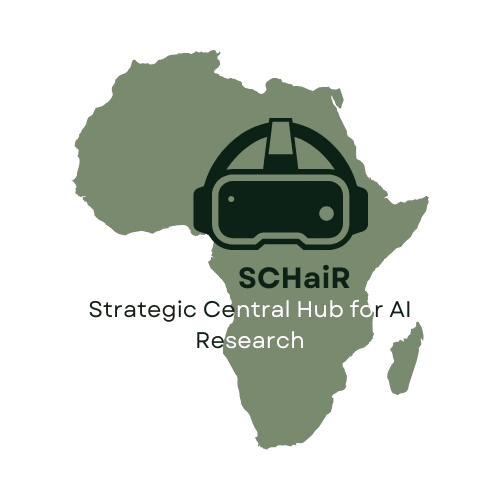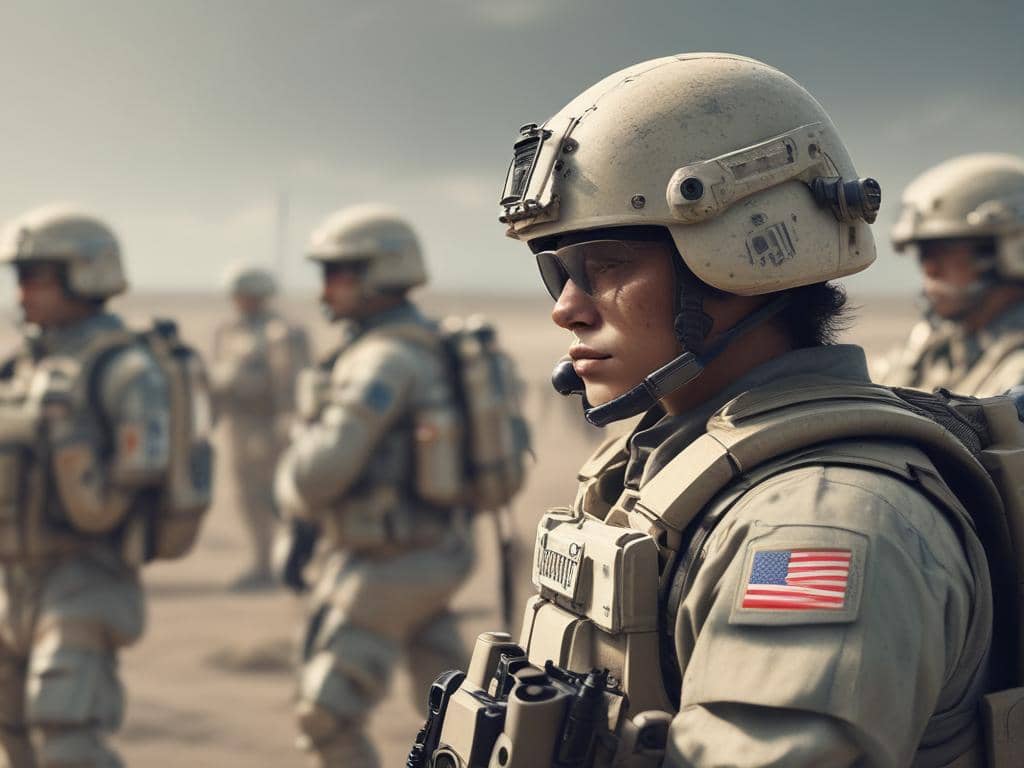In recent years, the landscape of peacekeeping has evolved dramatically, particularly in Africa, where the challenges of conflict resolution demand innovative solutions. Discover how advanced technologies like AI and VR revolutionize peacekeeping training in Africa, equipping personnel with essential skills and insights to navigate complex situations. By integrating these cutting-edge tools, peacekeeping missions can enhance their effectiveness, responsiveness, and overall impact, ultimately fostering a more secure environment for communities on the brink of conflict.
As we explore the transformative impact of AI and VR, it becomes clear that these technologies not only streamline training processes but also enable a deeper understanding of conflict dynamics. AI enhances conflict resolution strategies by providing data-driven insights, while virtual reality offers immersive training experiences that prepare peacekeepers for real-world scenarios. The future of peacekeeping lies in the merger of innovation and training, harnessing these advanced technologies to create a safer and more stable Africa for generations to come.
Discover the transformative impact of AI and VR on peacekeeping training in Africa
In recent years, peacekeeping training in Africa has undergone a remarkable transformation thanks to the advent of advanced technologies like Artificial Intelligence (AI) and Virtual Reality (VR). These innovations provide immersive and realistic training environments, enabling peacekeepers to practice conflict resolution and decision-making in dynamic, high-pressure scenarios. By simulating real-world environments and crises, AI and VR enhance the training experience, allowing trainees to engage in role-playing exercises that reflect the complex nature of modern conflicts. This immersive approach not only boosts the effectiveness of training but also fosters greater adaptability among peacekeepers in the field.
The integration of AI tools further enriches the training process by analyzing data from various simulations to identify trends and areas for improvement. Machine learning algorithms can assess individual performance, providing immediate feedback that helps peacekeepers refine their skills. Additionally, AI-powered analytics facilitate the prediction of potential conflict hotspots, enhancing strategic preparation and response. Together, these technologies not only improve the preparedness of peacekeepers but also contribute to more sustainable and long-term peacebuilding efforts across Africa. By harnessing the transformative capabilities of AI and VR, African nations are laying the groundwork for a more effective and resilient peacekeeping force.
Exploring advanced technologies: How AI enhances conflict resolution strategies
Artificial Intelligence (AI) plays a crucial role in enhancing conflict resolution strategies in peacekeeping efforts across Africa. By analyzing vast amounts of data from social media, news reports, and historical records, AI algorithms can identify patterns that provide insight into the root causes of conflicts. This analytical capability allows peacekeeping forces to understand the sociopolitical landscape better, facilitating proactive measures rather than reactive responses. For example, AI-driven simulations can help military and civilian personnel prepare for potential scenarios, enabling them to develop tailored intervention strategies that take local contexts into account.
Moreover, AI fosters communication and collaboration among various stakeholders involved in peacekeeping missions. Real-time language translation tools powered by AI break down barriers, allowing peacekeepers from diverse backgrounds to coordinate effectively. These technologies ensure that critical information flows seamlessly between local communities and peacekeeping agencies. As a result, peacekeepers can build trust and rapport more efficiently, paving the way for meaningful dialogue and negotiation. By harnessing the power of AI, peacekeeping missions become more adaptive and responsive, significantly improving conflict resolution outcomes in the region.
The future of peacekeeping: Merging innovation and training for a safer Africa
As peacekeeping missions evolve, integrating advanced technologies such as AI and virtual reality (VR) into training programs represents a significant leap forward. These innovations enable peacekeepers to simulate high-stress environments where they can practice conflict resolution techniques without real-world consequences. By engaging in realistic scenarios, soldiers can hone their decision-making skills and learn to navigate complex social dynamics, which are essential for effective peacekeeping in diverse African contexts. This hands-on experience empowers peacekeepers to respond more effectively during actual missions, ultimately leading to safer communities.
Looking ahead, the fusion of AI-driven analytics and immersive VR training will further revolutionize peacekeeping efforts across Africa. AI can analyze data patterns from past conflicts and predict potential hotspots, allowing for proactive measures and timely interventions. VR can then supplement this intelligence by immersing trainees in real-life simulations based on those predictions, ensuring they are well-prepared for the challenges they may face. This synergistic approach not only enhances the effectiveness of peacekeeping forces but also fosters a culture of continuous learning and adaptation, essential for safeguarding peace in an ever-changing landscape.


Leave a Reply